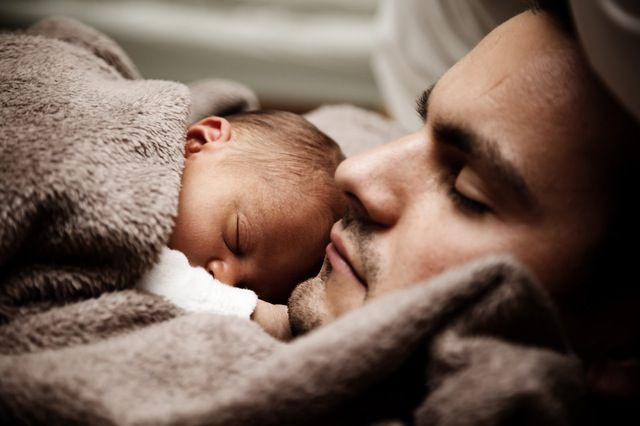Parents Of Preemies Often Depressed After Birth

(Reuters Health) - When babies are extremely premature, parents are about 10 times more likely to become depressed than mothers and fathers of full-term, healthy infants, a small study suggests.
Researchers focused on parents of the most vulnerable preemies – those born at 30 weeks gestation or less and admitted to the neonatal intensive care unit.
Pregnancy normally lasts about 40 weeks, and babies born after 37 weeks are considered full term. Most premature babies arrive between 34 and 37 weeks gestation, when they are considered late preterm.
In the new study, mothers of the extreme preemies had 10 times higher odds of depression shortly after giving birth than their peers with full-term babies. Fathers of extreme preterm babies had 11 times the depression risk, researchers report in JAMA Pediatrics.
“Our findings show that it is common for parents to be distressed in the weeks following very preterm birth, but it is also important to note that distress does tend to improve over time for most parents,” said lead study author Dr. Carmen Pace of The Royal Children’s Hospital in Melbourne, Australia.
In the weeks immediately after birth, premature infants often have difficulty breathing and digesting food. These early arrivals can also encounter longer-term challenges such as impaired vision, hearing, and cognitive skills as well as social and behavioral problems.
The study included 113 mothers and 101 fathers of preemies, as well as 117 mothers and 151 fathers of healthy, full-term infants. All of the babies were born at Royal Women’s Hospital in Melbourne from 2011 to 2013.
In assessments done soon after birth, 40 percent of mothers with preemies were depressed, compared with just 6 percent of women who had full-term babies.
At that point, 36 percent of fathers with preemies and 5 percent of the other fathers were also depressed, the study found.
By six months, depression rates remained fairly similar for the parents of full-term babies, but declined for the parents of preemies.
In the group with early arrivals, 14 percent of mothers and 19 percent of fathers were depressed six months after the birth.
With anxiety, the pattern was similar.
During the period right after birth, 48 percent of mothers with preemies experienced anxiety, compared with 13 percent of other mothers. For fathers of preemies, 47 percent suffered from anxiety, compared with 10 percent of the other men.
Limitations of the study include the possibility that the high level of support services at the hospital may have contributed to greater declines in depression and anxiety over time than parents might experience in other situations, the researchers note.
Much more research has focused on mothers and post-natal depression, however, and the current study offers some novel evidence of the need to better understand the emotional impact of birth on fathers, said Dr. Karen Benzies, a pediatrics researcher at the University of Calgary in Canada who wasn’t involved in the study.
“Including fathers is a strength of this study as little is known about fathers,” Benzies said by email.
With mothers of preemies, earlier studies have shown they can remain hyper-vigilant and protective of their infant for a long period of time, Benzies said.
“Good therapies are available, and treated depression does not seem to have a long lasting effect on child development,” Benzies noted.
SOURCE: http://bit.ly/29UzvVJ JAMA Pediatrics, online July 18, 2016.



























